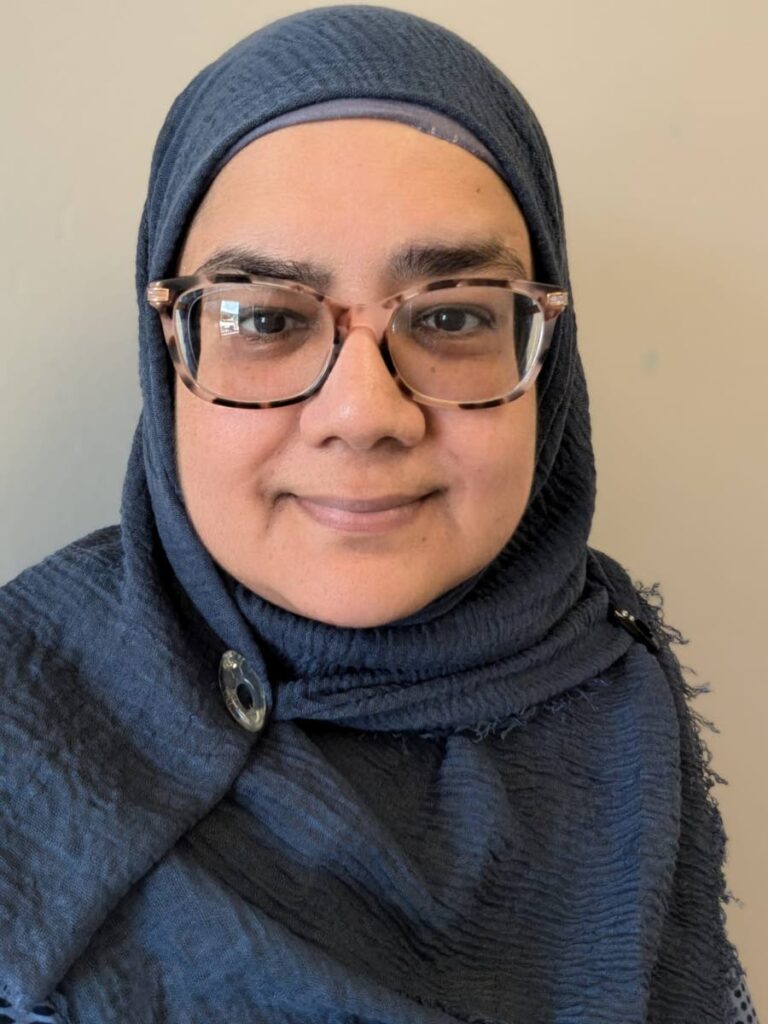The families of Trinidadian nationals allegedly killed in a US military airstrike on October 14 are seeking closure, but international law expert Dr. Safiya Ali emphasizes that such efforts would require significant political and diplomatic support from local authorities. The US military, which has been increasing its presence in the Caribbean to combat what it describes as Venezuela’s narco-terrorism, began targeting small boats suspected of facilitating illegal activities in September. These operations have resulted in five confirmed attacks, claiming 27 lives, with unconfirmed reports of a sixth strike on October 16, where some survivors were reportedly found. The October 14 attack killed six individuals, two of whom are believed to be Trinidadian nationals: Chad Joseph of Las Cuevas and another identified only as Samaroo. Despite President Donald Trump’s announcement of the strike, no official details about the victims’ identities or nationalities have been released. Dr. Ali, an international law lecturer at the University of the West Indies and former general counsel at Caricom, outlined potential avenues for justice, including diplomatic channels under the Vienna Convention on Consular Relations 1963, appeals to the Association for Caribbean States or Caricom, and representations to the United Nations Security Council. However, she expressed skepticism about the effectiveness of these measures, particularly given the US’s veto power. Dr. Ali also noted that the Trinidad and Tobago government’s stance, as indicated by Prime Minister Kamla Persad-Bissessar’s support for the US military actions, could hinder efforts to pursue justice. The Prime Minister has consistently taken a hardline approach against Venezuela and illegal trade, refusing to allocate state resources to assist Trinidadian nationals involved in such activities. Dr. Ali urged caution in supporting the US military’s actions, citing the lack of transparency and the potential for wrongful acts under international law. Meanwhile, fishermen in Cedros have expressed growing fears for their safety due to increased patrols by Venezuela’s Guardia Nacional in the surrounding waters. Marlon Parmel, president of the Bonasse Fisherfolk, reported that fishermen have observed continuous patrols, deterring them from venturing far from Trinidad’s shores. The situation has escalated since the alleged arrest of Rex James, a local fisherman, by the Guardia Nacional in June, with his current whereabouts unknown. The US military’s latest airstrike on October 16, reported by Reuters, marks the sixth such attack, with survivors reported for the first time. However, details remain scarce, as the Pentagon has yet to comment on the incident.
Expert: Government help needed to get justice if Trinis killed in US strike
